What is an Encumbrance in Real Estate
What is an Encumbrance in Real Estate?
An Encumbrance is any claim against an asset by an entity that is not the owner. For example; liens, easements, leases, mortgages, or restrictive covenants. Encumbrances impact the transferability and/or use of subjected properties. Not all of these encumbrances will prevent a property from going under contract. Easements often transfer with the property during a sale, however, if the easement has not been recorded properly, this can cause disputes during sales. Mortgages do not prevent the sale of property as they are dealt with during the transaction by the title company and the mortgage lender to make sure any pending mortgage is paid in full at closing, but if a seller is delinquent on their mortgage, this will prevent the sale of the property until any back debt is resolved.
Liens against a property will cause big issues during the selling process. Any future buyer does not want to have problems from debt collectors or lien holders after the sale. Therefore, the title company will flag any liens against the property and those debts must be satisfied before the sale can be finalized.
An Encumbrance is any claim against an asset by an entity that is not the owner. For example; liens, easements, leases, mortgages, or restrictive covenants. Encumbrances impact the transferability and/or use of subjected properties. Not all of these encumbrances will prevent a property from going under contract. Easements often transfer with the property during a sale, however, if the easement has not been recorded properly, this can cause disputes during sales. Mortgages do not prevent the sale of property as they are dealt with during the transaction by the title company and the mortgage lender to make sure any pending mortgage is paid in full at closing, but if a seller is delinquent on their mortgage, this will prevent the sale of the property until any back debt is resolved.
Liens against a property will cause big issues during the selling process. Any future buyer does not want to have problems from debt collectors or lien holders after the sale. Therefore, the title company will flag any liens against the property and those debts must be satisfied before the sale can be finalized.

